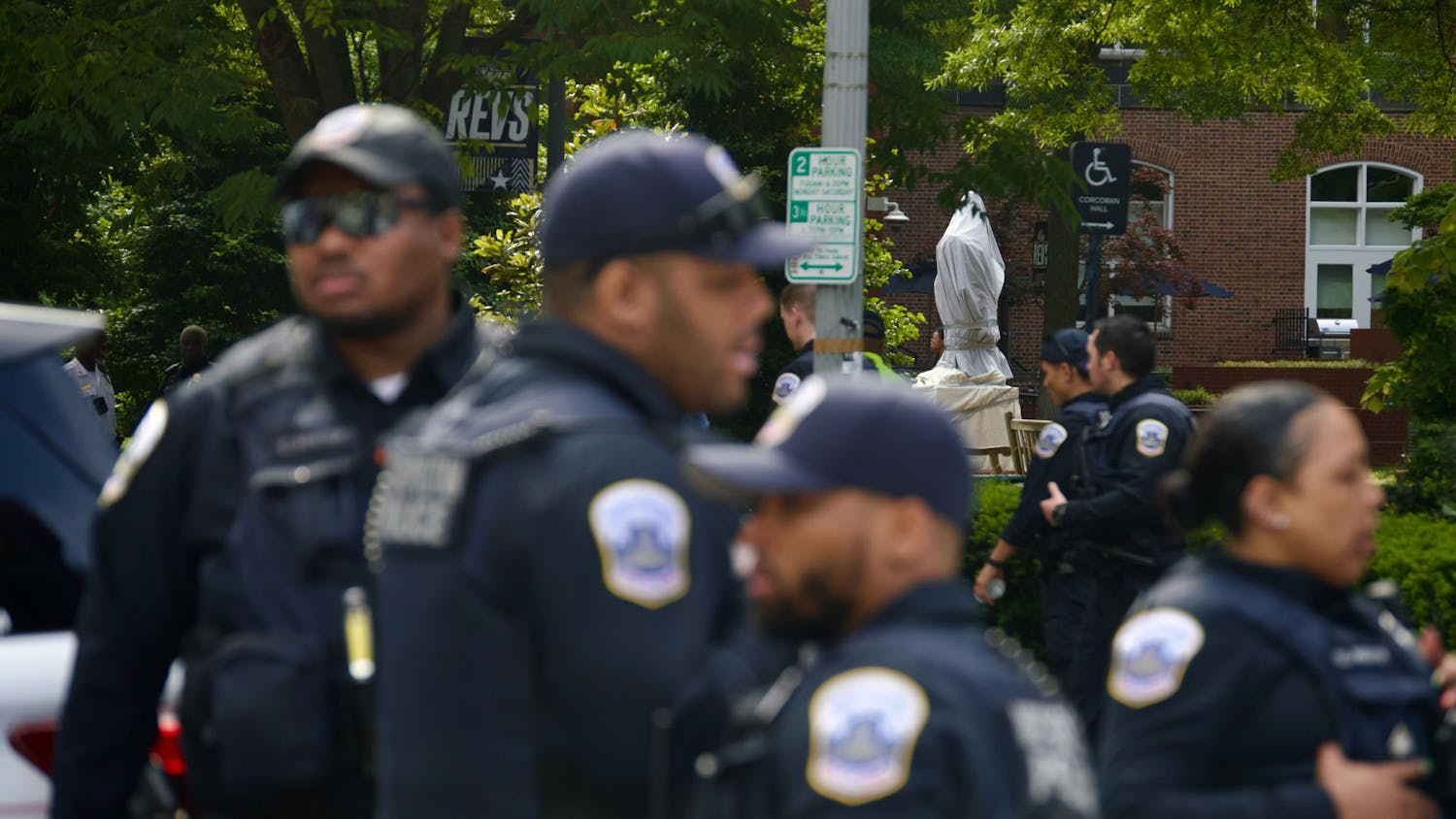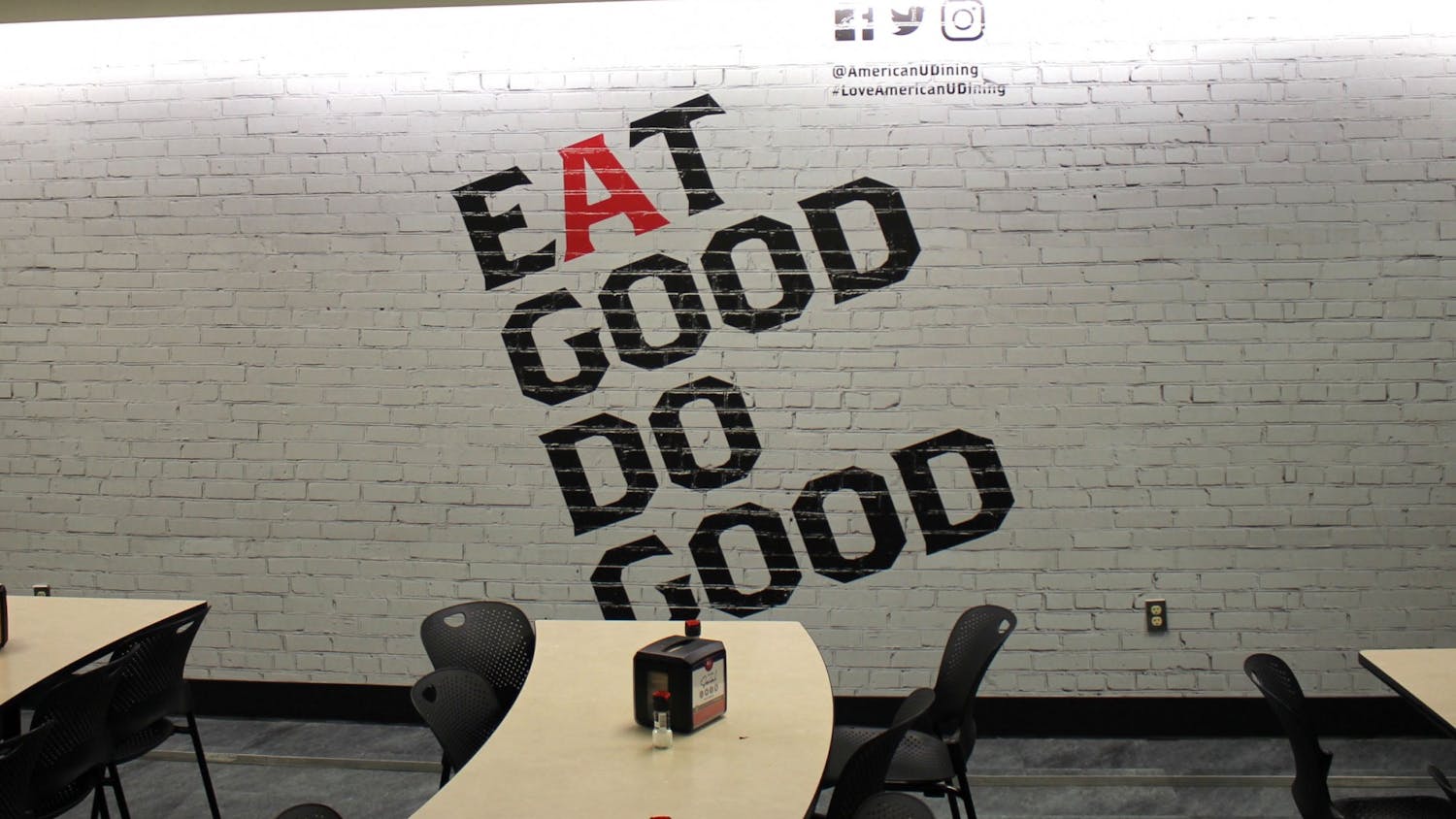Two editors at The Daily Illini, the independent student newspaper at the University of Illinois Urbana-Champaign were suspended due to their decision to run six of the 12 Muhammad cartoons that have caused recent controversy.
Acton Gorton, editor in chief, and Chuck Prochaska, opinions editor, were suspended because they decided to print the cartoons without the consent of the editorial board, according to a statement sent to The Eagle by Melinda Miller, who works with the Daily Illini. The editorial board consists of the editor in chief, two managing editors, two news editors, the opinions editor and the deputy opinions editor.
Students from the newspaper's staff asked Mary Cory, the Illini general manager, to take action after the cartoons were published in the paper's Feb. 9 issue. Six cartoons ran on the top half of the opinions page with a letter from Gorton explaining his reasons for running the cartoons.
Next to the cartoons, an editorial ran discussing the Daily Illini's "pride on covering local news that affects our campus and community" an editorial published in the Daily Illini said. Two regular columns ran on the bottom half of the opinion page, said Jason Koch, managing editor for reporting and writing and co-interim editor in chief.
Koch, along with a few other editors, was shown the finished editorial page at 5 p.m. and was told the content would not be changed. The editorial page is normally not finished until 8 p.m., Koch said.
Koch said he objected to running the cartoons next to the editorial because he said he thought in clashed with the editorial.
The Daily Illini said in an editorial that it did "not necessarily disagree with the decision to print these cartoons, we disagree with how they were run."
Gorton defended his decision to run the cartoons in his letter by saying that Americans need to be able to make the decision themselves by how "offensive" the cartoons are.
"My gut has been turning for days questioning how to address this issue," Gorton wrote. "It is only proper that you, the public, are allowed to think for yourselves...Within the coming days, I hope to promote a dialogue on the campus and in the community as to how people feel about the issue."
More newspapers are not publishing the cartoons out of fear, Gorton wrote.
"All across the nation, editors are gripped in fear of printing ... for fear of the reaction," Gorton wrote. "As a journalist, this flies in the face of everything I hold dear. By refusing to print these editorial cartoons, we are preventing an important issue from being debated openly by the public."
The Daily Illini did not apologize to the Muslim community and said they would have potentially published the cartoons, but in a different context with a timeline of developments, explanations of why the cartoons are offensive and guest columns from the Muslim community, according to a document from Illini Media.
Students at the university do not disagree with the editors' decision to publish the cartoons.
"The Muslim groups at this university have been hypocritical in their protests against these cartoons," said University of Illinois student Neil Gottel in an e-mail. "In the Middle East, caricatures of Jews and Christians and exhalations to destroy them are quite common. What I see are Muslims protesting six poorly drawn cartoons that ran for a single day in a small local newspaper."
However, students do question how the decision to publish the cartoons was made.
"I generally feel that since they were reporting on an event and not publishing those cartoons for their meaning but rather how they related to a story it is acceptable, but I also think they should have discussed it more with their staff rather than going over their heads and respected the collective opinion more than they did," said Illinois student Claire Pederson.
Illinois student Annie Rivas commended the paper for expressing their views.
"This is America, and they were demonstrating that we still have our first amendment rights, even if they did not go about it in the right way," she said. "I think other papers should publish the cartoons to show that we as a country will not be cowed by a bunch of out of control radicals."
AU students have mixed reactions on the situation.
"I'm amazed this is still a story," said Matt Kent, College Democrats vice president and a sophomore in the School of Public Affairs. "People keep trying to dredge it up as a freedom of speech. It was an issue created to outrage people and to get swamped up in this would only further the cause of the people who originally published the cartoon which was to bring out anger and fury throughout the Muslim world."
Nathan Hunerwadel, a junior in the School of International Service and SPA, feels that the journalists should expect the consequences.
"If they knew full well that there was a certain process that they were supposed to go through and they did not go through that process to get the cartoons in the paper then they should fully expect the consequences," he said.




